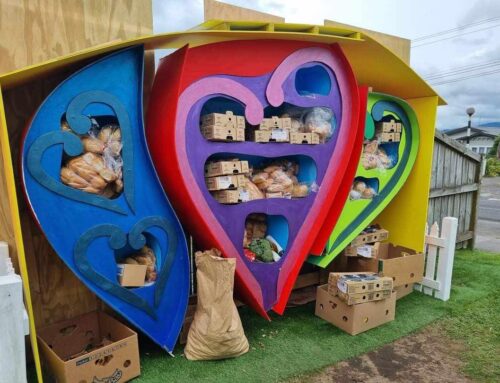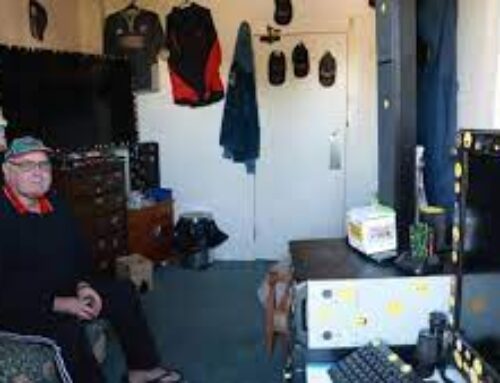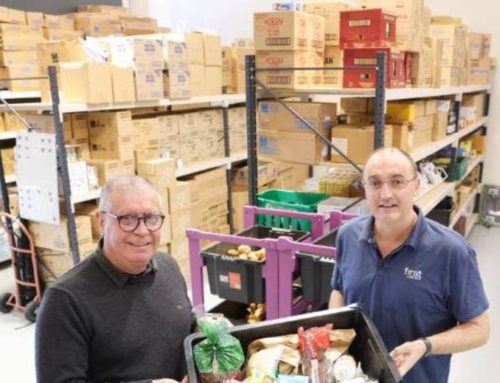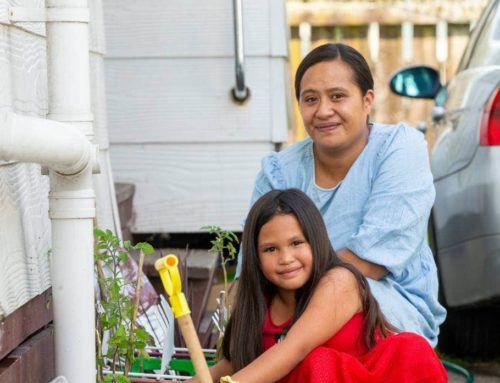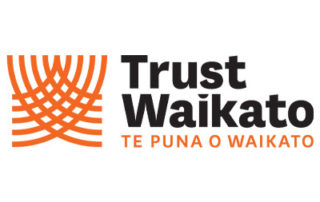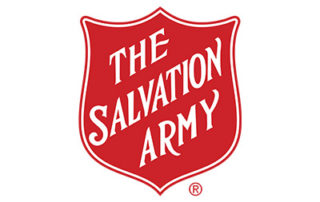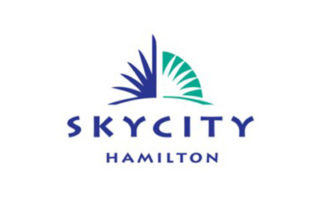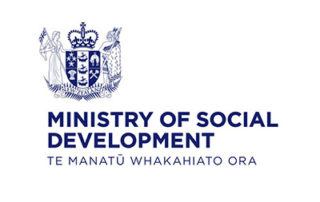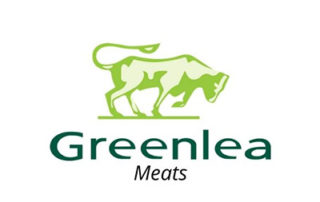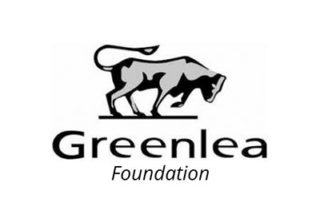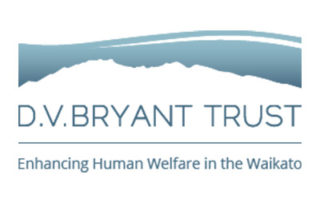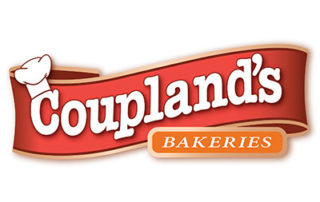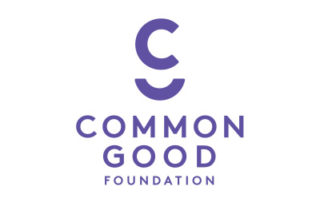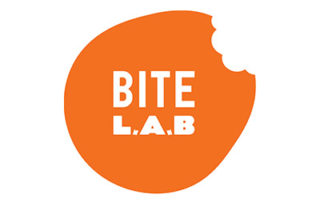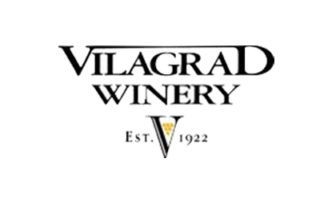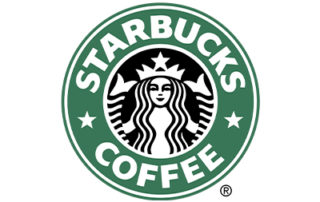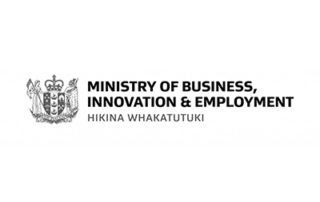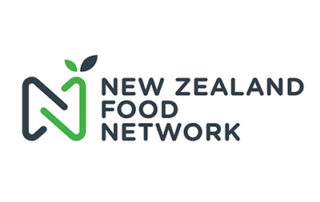Two Waikato food bank services are feeling the pressure as families gear up for the new school year.
St Vincent de Paul (Vinnies) in Hamilton was desperate for more assistance with its foodbank facing a big spike in demand.
General manager Mike Rolton, said there was a whole lot of factors in play.
“People are desperate for food, especially at this time of year when kids go back to school and have all those costs. It just drives the demand and it’s not going to back off.”
Waikato Women’s Refuge was also seeing an increase in demand for food.
CEO Ruahine Albert said going back to school was difficult because many families relied on systems like Work and Income to cover costs such as uniforms. Some grants had to be repaid while some did not.
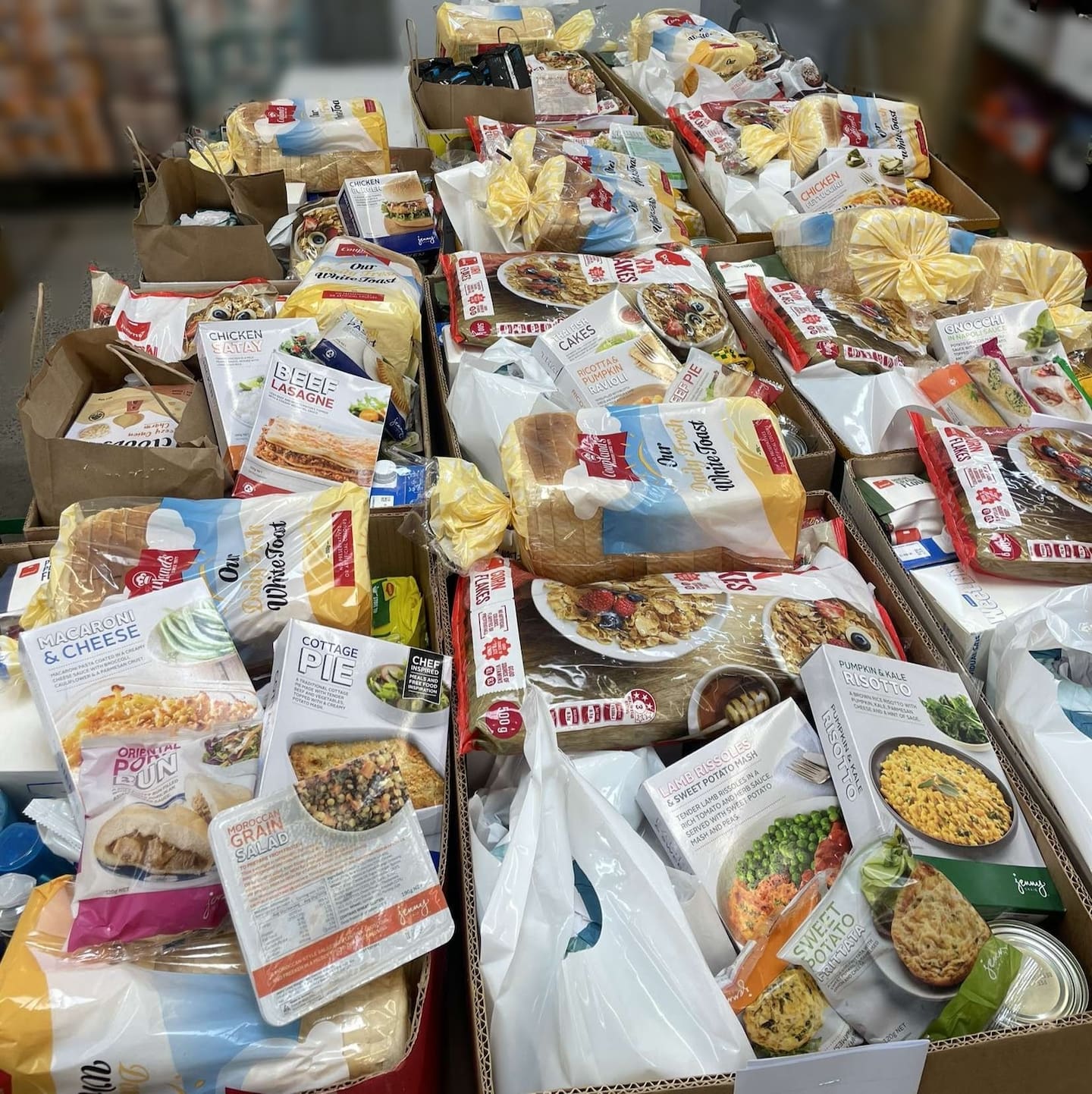
Food parcels that are given to those in need at the Waikato Women’s Refuge. Photo / Melanie King
“They’re probably having to pay it back through the year, on top of additional things that come up for the school, and there’s always a limit of food in the household because there isn’t enough [money for it] on the benefits.
“Some can manage their benefit while some have to be able to make ends meet wherever they can, and food may not be the priority. It might mean paying the rent instead or putting petrol in the car to get the kids to school.
“It’s a vicious circle and it’s never-ending for them.”
She said the back-to-school pressure came after a challenging Christmas season for the refuge.
“We sort of dread Christmas for a number of reasons because a lot of the food distributions close down for a break as well as other groups.
“It’s silly, it’s not the time to decrease your resources.
“We’ve got nowhere to refer families to for support, and we just really have systems like Work and Income, and Police around,” she said.
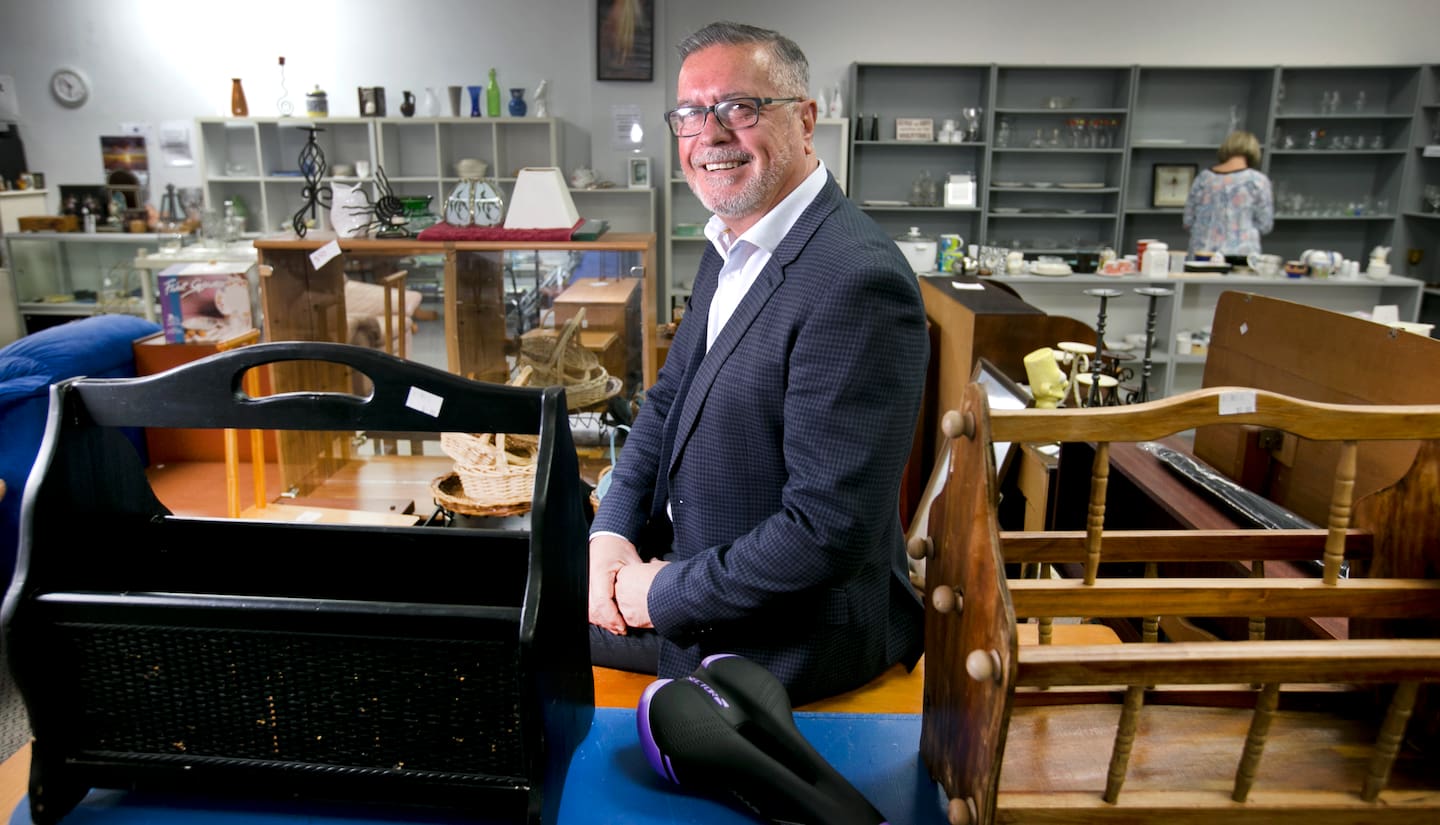
The refuge faced a drastic resource decline of food due to the cost of living crisis, going from being able to help 75,000 people during Covid to only having resources for 37,000 people between January and November last year.
Albert said they were unable to assist as many people due to a decrease in resources that resulted from the closure of other foodbanks in the community.
“It was never that there wasn’t a need, that’s never been the case and it never will be”, she said.
Rolton said Vinnies’ increasing demand for food parcels is likely to surpass 7000 this year, and he now has to decide whether he should put a limit on parcels in place.
“I’ve got to consider whether I cap that at six food parcels a year just like Work and Income does.
“To put it into perspective, last year we did 6400 food parcels and in 2017 we did 600 for the whole year, that’s how much the demand has grown.
“I’ve been working here for 14 years and this is the first time I’ve had to consider capping the food parcels we do and it’s very difficult.”
He said they’ve already cut down several costs to keep their foodbank topped up.
“We don’t get as many donations as we used to. We used to have people drop off tin food on a regular basis, but that’s sort of a thing in the past now.”
Despite grappling with limited resources, both organisations are actively brainstorming solutions to keep supporting the community.
Albert, said the refuge was trying to collaborate with other businesses to pull in more resources, and find more ways people for people to consider contributing. They’ve also set up a givealittle page where people can donate.
Rolton has introduced a healthy homes programme that teaches people how to save their money in power, with the aim of residents saving a minimum of 1000 dollars per year.
“We’re trying to reduce their power by 30 to 40 per cent, and it will help put that money back into food.”
Meanwhile both organisations are still seeking for donations and additional information can be found on both the Vinnies’ website, and the Waikato Women’s Refuge website.


